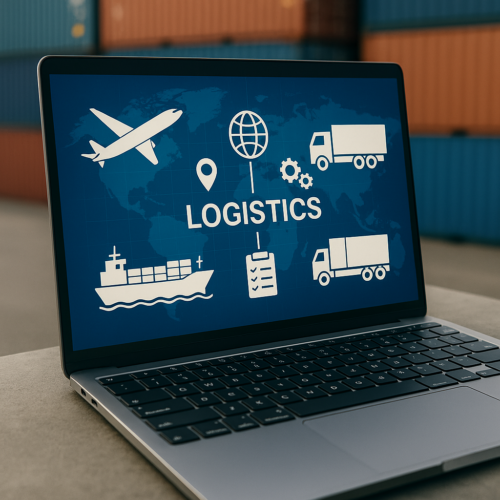Imagine booking a truckload shipment as easily as calling a rideshare. That’s the promise—and reality—of digital freight marketplaces. These platforms are transforming the freight industry by using real-time algorithms, mobile technology, and cloud-based infrastructure to simplify freight matching and booking.
Here’s why this matters:
1. Real-Time Matching Shippers can instantly match loads to nearby carriers, reducing idle time and maximizing asset use.
2. Transparent Pricing Gone are the days of opaque quotes. Shippers can now compare rates in real-time, encouraging fair competition and better forecasting.
3. Full Shipment Visibility From real-time tracking to predictive analytics, shippers gain end-to-end insight across their supply chain.
4. Carrier Efficiency Drivers and dispatchers benefit too, with instant payments, digital paperwork, and smarter load suggestions.
5. Data-Driven Strategy Digital freight platforms provide analytics on rate trends, performance, and delivery windows—helping users make better decisions.
6. Built for Growth Whether you’re a small business or a growing 3PL, these tools scale with you and open up nationwide capacity.
Companies like Uber Freight, Convoy, and Transfix are driving this innovation—but even traditional brokers are going digital to stay relevant. While adoption and tech literacy remain hurdles, the future is clearly digital.
Key Takeaway: This isn’t just digitization. It’s reinvention—connecting people, data, and technology to build a more agile, transparent freight network.
Check out the course if you’re curious.
